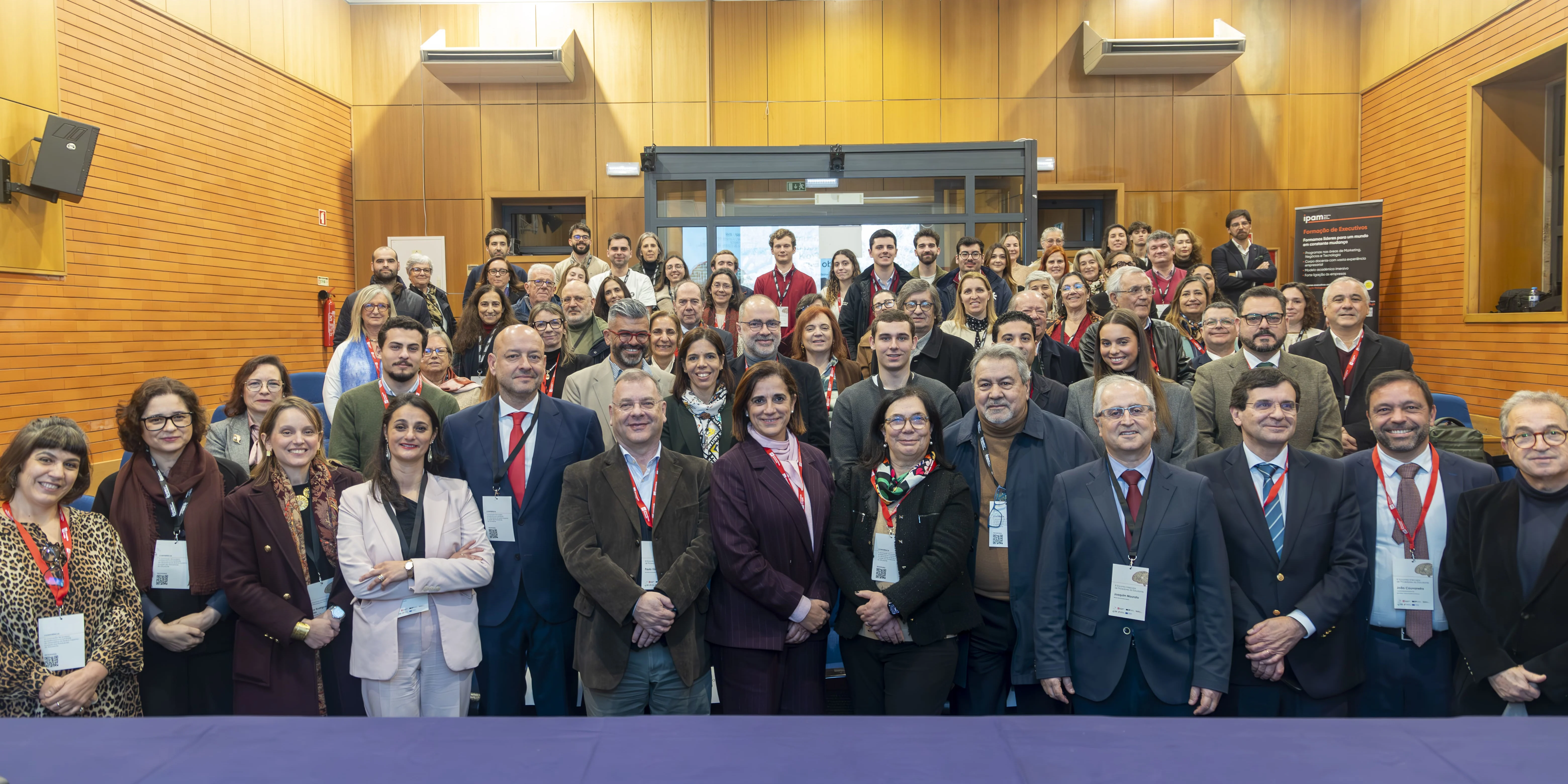
Portuguese reduce number of presents, but plan to spend more this Christmas
IPAM releases the conclusions of the 16th edition of the “Christmas Shopping” study.
The Portuguese expect to spend more this Christmas, with an average of 392 euros, 10% more than in 2023, according to the “Christmas Shopping 2024” study carried out by IPAM. The analysis also highlights that the increase in prices is leading to adjustments in consumer behavior, as they try to adapt to the economic difficulties: around 42.6% intend to reduce total costs, while 34.4% will reduce the number of gifts to be bought and the list of people contemplated.
The study, which analyzes the habits of the Portuguese at this time of year, reveals that among gifts, toys for children up to the age of 12 top the list of preferences, followed by clothes and shoes. For teenagers, the choices fall on clothes/shoes (35%) and electronic games (18%). For adults, the highlights are clothes/shoes (24%) and accessories (20%).
As far as shopping habits are concerned, 27% of consumers opt exclusively for online shopping, a reflection of the change brought about by the pandemic and consolidated in recent years. Even so, shopping centers continue to be the most popular places, chosen by 21% of respondents.
Typical Christmas food remains essential for many Portuguese: 57% plan to buy specific seasonal products, with an average spend of 120 euros. Bacalhau, bolo-rei and other traditional sweets continue to top the shopping list, while 6% of respondents opt for ready-made meals for the festive days.
Conducted for the 16th consecutive year, the study highlights the persistence of economic instability in consumers' purchasing decisions. Despite the difficulties, the average increase in the amount spent reflects the pressure of the general increase in prices, cited as the main reason for this growth by 58% of those surveyed.
“This year's results show how the economic climate is shaping Portuguese consumer habits, even at a time as significant as Christmas. Although the average amount spent has increased by 10% compared to 2023, this does not reflect greater purchasing power, but rather the pressure of rising prices. What is particularly interesting is the way consumers are prioritizing: they are focusing on children and immediate family, while adjusting spending to maintain traditions without compromising the budget. This balance between celebration and restraint illustrates the resilience and creativity of the Portuguese consumer,” says Mafalda Ferreira, lecturer and coordinator of the Marketing Management degree at IPAM Porto, and responsible for the study.
In order to understand the financial situation of families, IPAM asked respondents whether they would be receiving Christmas bonuses. 80% of the sample receives the allowance at this time, which could have consequences for their Christmas shopping behavior. It should be noted that this figure has remained practically unchanged since 2020.
Of the respondents who receive Christmas allowance, more than half intend to spend 50% or more of that amount and only 1.2% will not use that money for Christmas shopping.
Christmas Shopping Study 2024 Factsheet
The study was carried out by IPAM, under the coordination of Professor Mafalda Ferreira, Director of the Degree in Marketing Management at IPAM Porto and PhD in Social Psychology from the University of Cádiz. Data collection took place between November 23 and December 10, 2024 in mainland Portugal, with a sample made up of 560 individuals over the age of 18, with the following distribution by social class: 6.5% of social class A, 33% of B, 18% of C1, 35.9% of C2 and 6.6% of D. The surveys were administered online and in person, whenever necessary to complete the quotas defined for the social classes.

